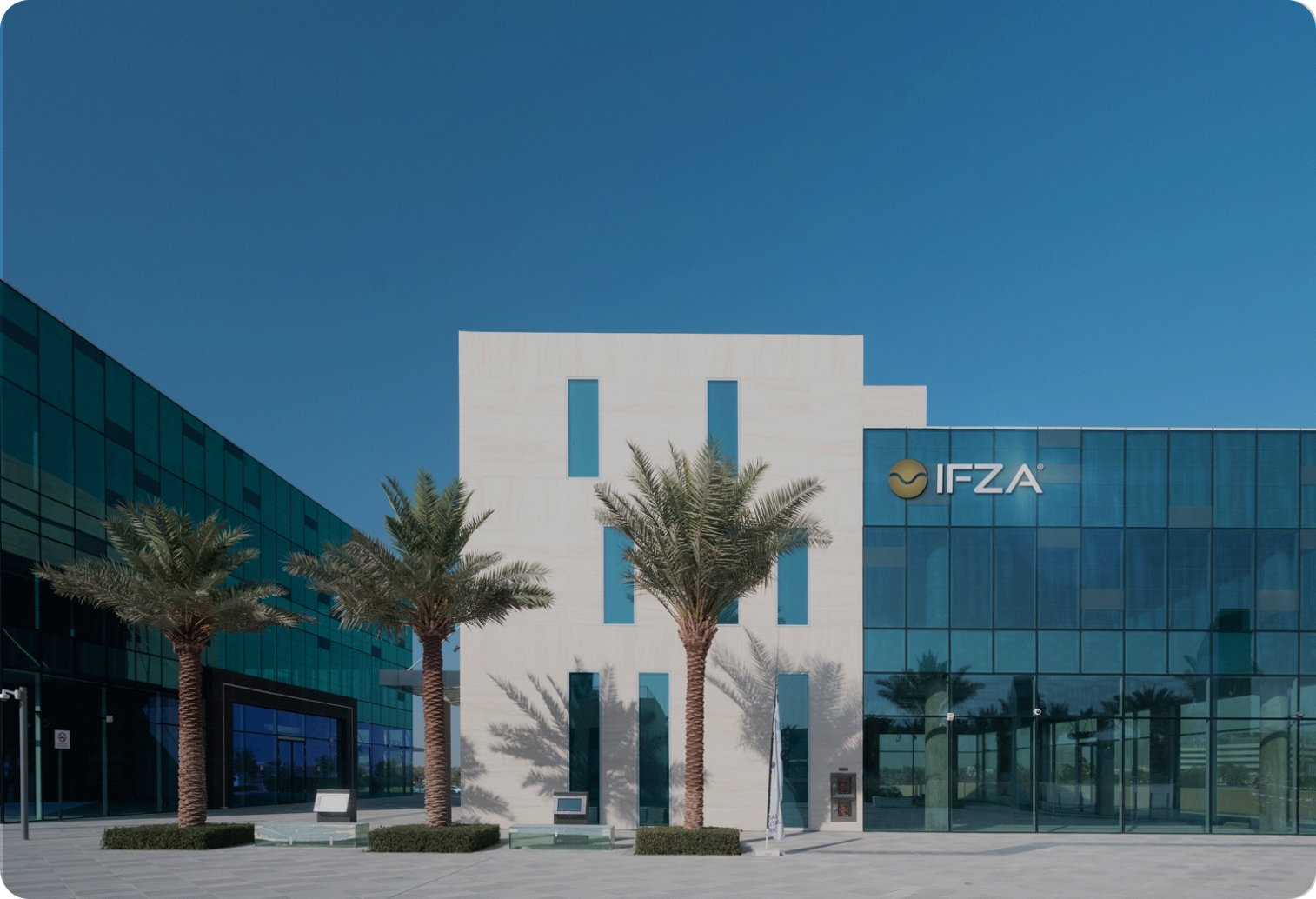Aspiring entrepreneurs and businesses seeking to establish a presence in the United Arab Emirates (UAE) are presented with two primary options: obtaining a license in a free zone or operating under a mainland license. Both options offer unique advantages and cater to different business needs. In this article, we will explore the key differences between a free zone and a mainland license Dubai, helping you find the perfect fit for your business.
Business location and ownership:
One of the most significant distinctions between a free zone and a mainland license is the location and ownership requirements. Free zones are designated areas with specific geographical boundaries where businesses can operate with 100% foreign ownership. These zones offer a wide range of benefits, such as tax exemptions, customs duty waivers, and simplified registration processes. However, businesses with a free zone license are restricted to conducting business only within the boundaries of that specific free zone.
On the other hand, a mainland license allows businesses to operate anywhere in the UAE, including major cities like Dubai and Abu Dhabi. However, mainland licenses require a local partner or sponsor who holds at least 51% ownership of the company. This arrangement is mandatory for certain business activities, promoting local partnerships and fostering economic participation from UAE nationals.
Trade regulations and customs duties:
Free zones are known for their liberal trade regulations, making them attractive for companies engaged in international trade. Businesses with a free zone license can import and export goods without incurring customs duties, which can significantly reduce operational costs. Additionally, free zones facilitate a fast and straightforward customs clearance process, expediting the movement of goods.
In contrast, mainland-registered companies are subject to standard UAE trade regulations and customs duties. While this may seem like a disadvantage compared to free zones, operating under a mainland license allows businesses to freely trade within the local market, potentially tapping into a vast and diverse customer base.
Flexibility in business activities:
Another crucial factor to consider is flexibility in business activities. Free zones are designed to cater to specific industries, and the type of business activities allowed may vary from one free zone to another. While this specialization can be advantageous for companies in those particular industries, it may not suit businesses engaged in other sectors.
Mainland licenses, however, offer a wider scope of permitted business activities. Entrepreneurs can choose from a diverse range of industries, making it a suitable option for businesses looking to operate in multiple sectors or those not catered to by the free zones.
